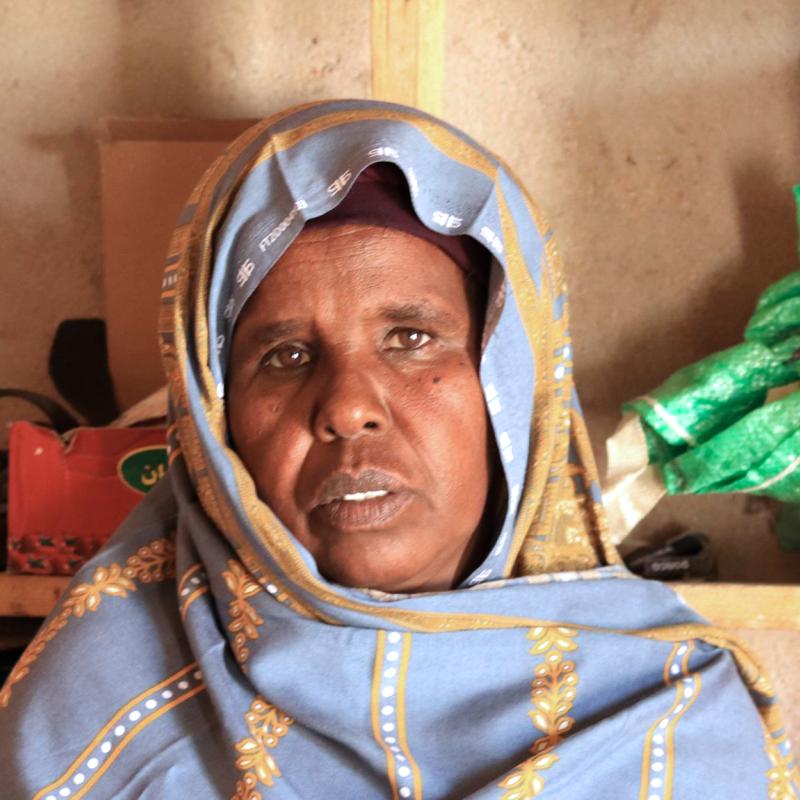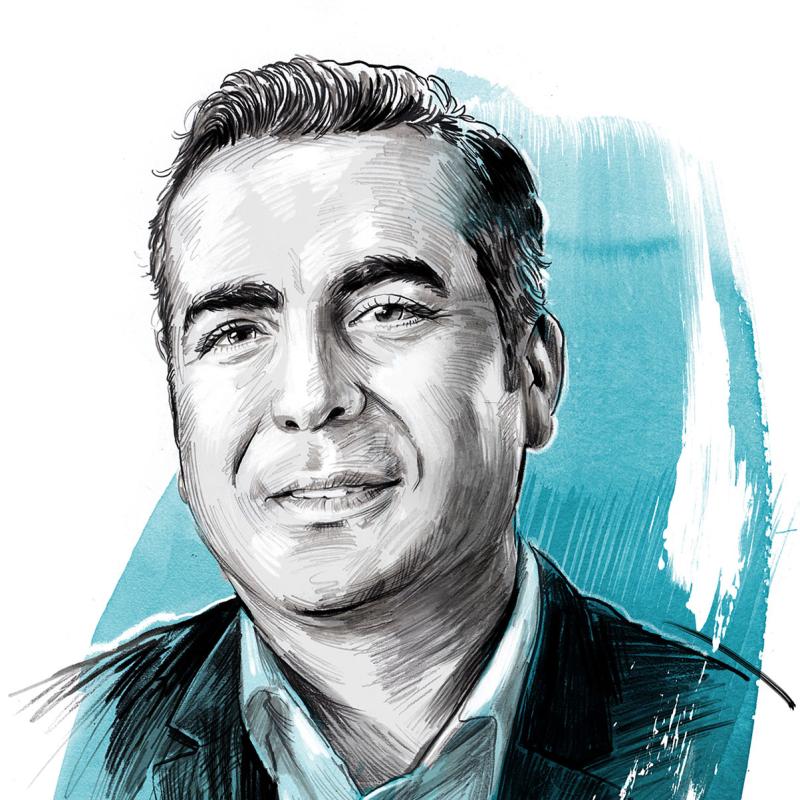
The world of work
Great upheavals, such as demographic changes and new technologies, have a global impact on national economies and the world of work. It is vital to manage this transition responsibly and create decent work for all. An overview of some fascinating trends:
A country’s age structure has an impact on the labour force available there and on its capacity for innovation. Africa has the youngest population, and Europe the oldest. The ten countries with the youngest median age are all in Africa, led by Niger with a median age of 15.1 years. Monaco is the country with the oldest population (56.2 years), while Germany is in eighth place (46.7 years). Factors such as the birth rate, economic development and life expectancy play a role in the median age.
Source: CIA The World Factbook
People born in the high birth years in the EU will be retiring in the next few years. As a result, 114,289,600 jobs will become vacant by 2035 in the 27 member states. There will be job openings for teaching professionals, researchers, office professionals and health professionals in particular.
Source: Cedefop
Across the globe, people with a migrant background transfer money to their countries of origin to support family and friends. These remittances play an important role in the economies of many countries and contribute to reducing poverty. In 2023, they totalled USD 669 billion and were the most important external source of finance for low-income and middle-income countries. These money transfers are worth three times the total value of development aid worldwide. GIZ is providing support to set up the infrastructure required for inexpensive remittances.
It is a success for the International Labour Organization (ILO): the Convention concerning the Prohibition and Immediate Action for the Elimination of the Worst Forms of Child Labour now applies throughout the world. Just over 20 years after it was adopted by the ILO member states in Geneva in 1999, it was ratified by the last of the 187 ILO member states in 2020, faster than any other convention before it.
Source: United Nations
People who cannot earn income of their own, for example during old age, illness or after the birth of a child, should receive social security benefits. The Universal Declaration of Human Rights states that everyone has a right to social security, yet more than four billion people still lack access to even just one social security benefit, such as health insurance. In Europe and Central Asia, 84% of people can claim at least one benefit. At 64.3%, this figure is also higher than the global average on the American continent. It is lowest in Asia and the Pacific (44%), the Arab states (40%) and Africa (17.4%).
Source: ILO
Across the globe, almost 2.4 billion women of working age still do not have the same rights as men. In an attempt to change this, 96% of all GIZ employment projects contribute to gender equality.
Sources: World Bank, GIZ
Changes are under way concerning leave for fathers after the birth of their child: in 1994, 40 countries across the world guaranteed the right to paternity leave; in 2011, this figure was 78, and in 2021 it was already 115. Spain is in the lead: employers are obliged to grant fathers six weeks of fully paid family time immediately after the birth with the option of an additional ten weeks within the first year. In Kenya, men can take two weeks of paternity leave. In Germany, a law is set to be introduced in 2024 to transpose the EU Work-Life Balance Directive into national law, also guaranteeing two weeks of paternity leave.
Sources: ILO, European Parliament, Africapay.org


